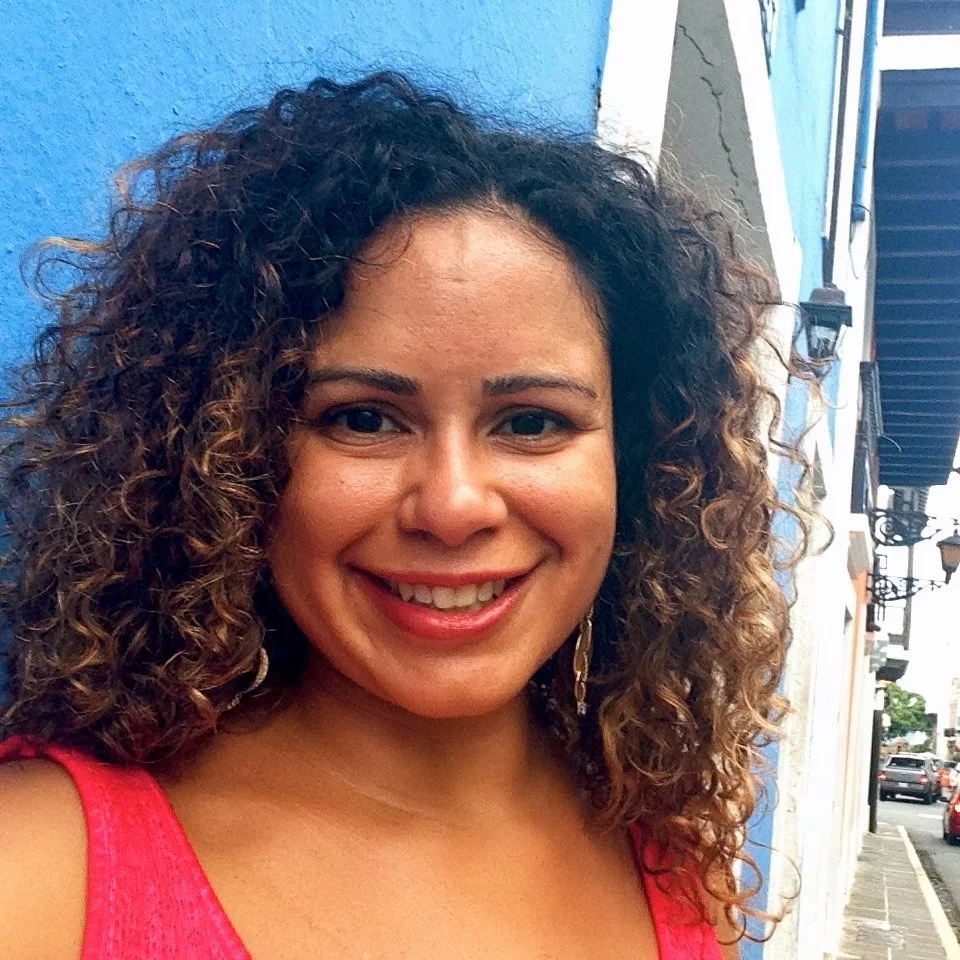On December 4th and 5th, professors, artists, graduate students, activists and administrators explored the dimensions of digital expression and its implications on the Caribbean and its diaspora. Panelists from across the globe joined a conversation at Barnard College in person, on Skype, and via Livestream, sharing theories and cautionary tales about various approaches to building projects and creating community in an increasingly digital academic environment. With a focus on the Caribbean and its diaspora, the conference offered fertile ground for analyzing the intersection of information technologies with fields such as American studies, gender and sexuality studies, queer studies, black studies, ethnomusicology, and communications, among others.
The conference showcased radical approaches to the archive throughout its seven panels. Researchers and educators of color were a strong presence at Caribbean Digital, contributing in important ways to the breadth of topics that inform the critical discipline that is the digital humanities. The panel discussions were preceded by the Kamau Brathwaite researchathon held on Thursday morning and afternoon. This singular event—kicking off the ongoing the collaborative constitution of an open-access, online bibliography of work by and on Caribbean intellectual Brathwaite—generated over 500 bibliographic contributions in just six hours.
With the help of Twitter hashtag #sxcd2014 and the conference website, extensive social media activity gave enormous reach to the two-day event. Questions fielded from Twitter kept the conversations fresh and helped to archive what is planned to be the first of many conferences concerning archipelagic formations of digital networks and/in the Caribbean. David Scott, anthropology professor at Columbia and founder of the Small Axe print journal, closed the conference with a provocative reflection on the futures of publishing.
The event's primary organizers were Kaiama L. Glover, associate professor of French and Africana studies at Barnard, Kelly Baker Josephs, associate professor of English at York College, CUNY, and Alex Gil, digital scholarship coordinator and affiliate faculty in English and comparative studies at Columbia. Generously supported by the Center for the Study of Social Difference at Columbia, along with the Barnard Africana Studies Department and Barnard's Committee for Online and On-Campus Learning (COOL), the conference drew a sizeable audience from within the campus community in addition to drawing participants from around the tri-state area and, of course, cyberspace.





